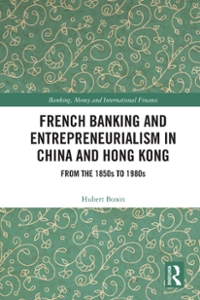Question
What differentiates a market characterized by complete information from a market characterized by incomplete information? Be sure to describe an example of each type of
What differentiates a market characterized by complete information from a market characterized by incomplete information? Be sure to describe an example of each type of market.
This question focuses on principal-agent relationships and problems. The United States is often described as a representative democracy. In this type of democracy, the electorate (e.g. voters) selects leaders (e.g. Congressmen and women) to represent their interests in government. Some economists, however, have also pointed out that this sort of governing structure is ripe for principal agent problems.
A. What is the principal agent relationship implied by representative democracy? Are voters the principals or the agents? What about leaders like Congressmen and women? Are they the principals or agents? Explain.
B. How might principal agent problems arise in a representative democracy like the United States? Be specific about how the three elements of the principal agent problem might manifest in the United States.
C. How might this principal agent problem be alleviated, based on class discussion?
Based on class discussion, what are models and what is their purpose? Describe the rational actor model. Be clear about its tenets and give examples. In your view, what are some of the limitations of the rational actor model? Why?
Step by Step Solution
There are 3 Steps involved in it
Step: 1

Get Instant Access to Expert-Tailored Solutions
See step-by-step solutions with expert insights and AI powered tools for academic success
Step: 2

Step: 3

Ace Your Homework with AI
Get the answers you need in no time with our AI-driven, step-by-step assistance
Get Started


